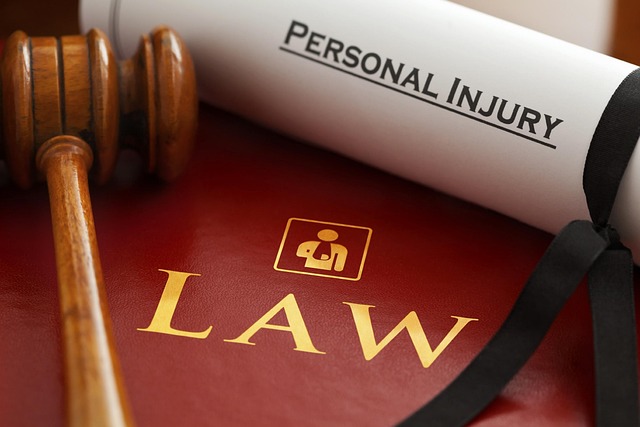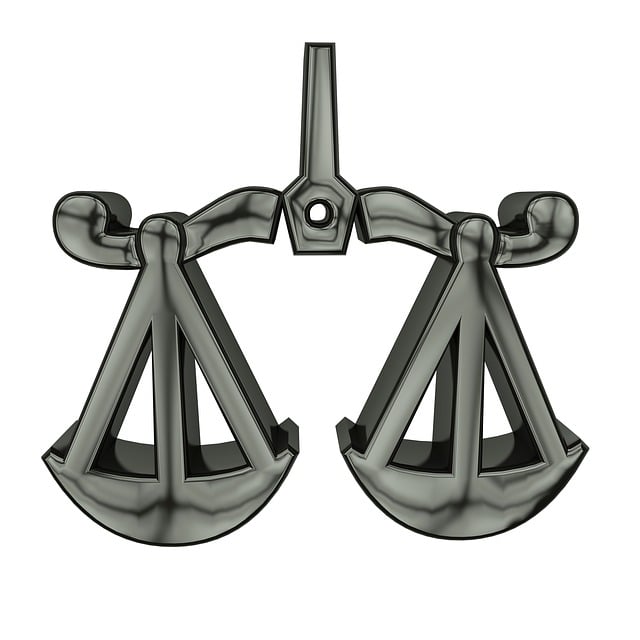The Miranda Rights in Criminal Proceedings are a cornerstone of legal protections, ensuring suspects' rights during interrogation based on Miranda v. Arizona. Compliance is crucial for fairness, protecting individuals from self-incrimination and false confessions. Non-compliance can bias outcomes against defendants, erode public trust, and impact legal system integrity. Legal professionals must understand these rights globally to navigate complex cases and safeguard clients within diverse jurisdictions.
Regulatory compliance in law enforcement is a complex web, with Miranda Rights as its cornerstone. This article delves into the intricacies of these rights, their legal basis, and their pivotal role in criminal proceedings worldwide. We explore when and where they apply, the consequences of non-compliance, and best practices for ethical enforcement. Understanding global variations in Miranda-like rights is key to navigating this landscape, ensuring fair treatment, and ultimately protecting individual liberties in the face of criminal accusations.
- Understanding Miranda Rights: A Legal Basis
- Criminal Proceedings: When and Where They Apply
- The Impact of Non-Compliance on Case Outcomes
- Strategies for Ensuring Ethical Law Enforcement
- Global Perspectives: Variations in Miranda-Like Rights
Understanding Miranda Rights: A Legal Basis

Understanding Miranda Rights is a cornerstone in criminal proceedings, providing a robust legal basis for protecting an individual’s rights during interrogation. This concept, rooted in the landmark U.S. Supreme Court case Miranda v. Arizona, ensures that suspects are made aware of their constitutional rights to remain silent and to consult with an attorney before being questioned by law enforcement. These rights are essential in creating a fair legal process, especially in high-stakes cases where a winning challenging defense verdict could hinge on the adherence to these principles.
The Miranda warning, as it is commonly known, serves as a shield for suspects, ensuring that any statements made during interrogation are voluntary and not coerced. This precautionary measure is particularly crucial when dealing with sensitive matters and respective business interests at stake, where the outcome can significantly impact an individual’s future. By comprehending and upholding these rights, legal professionals can navigate complex cases, ensuring justice while protecting their clients’ best interests.
Criminal Proceedings: When and Where They Apply

In criminal proceedings, the Miranda Rights play a pivotal role in protecting the rights of individuals accused of crimes. These rights, established by the U.S. Supreme Court in Miranda v. Arizona, ensure that suspects are informed of their constitutional privileges against self-incrimination and the right to counsel. When a person becomes a suspect in a criminal investigation, law enforcement officers must read these rights to them before any questioning begins. This safeguard is crucial for avoiding false confessions and ensuring that evidence obtained during interrogation is admissible in court.
The application of Miranda Rights extends to various scenarios where an individual’s statements could be used against them in legal proceedings. This includes custodial interrogations, such as those in police stations or other places where the suspect feels restrained. For his clients facing criminal charges, understanding and asserting these rights can be instrumental in mitigating potential consequences and protecting their interests. Furthermore, knowledge of Miranda Rights is essential for attorneys representing clients in criminal cases, enabling them to navigate legal complexities and defend their charges effectively within the framework of constitutional protections.
The Impact of Non-Compliance on Case Outcomes

Non-compliance with legal regulations can significantly sway the outcome of criminal cases, often to the disadvantage of both defendants and their general criminal defense strategies. When law enforcement or prosecutors fail to adhere to set protocols, such as not reading the Miranda Rights in criminal proceedings, it may lead to evidence being deemed inadmissible in court. This crucial step, designed to protect individuals’ rights, can weaken the prosecution’s case, providing a significant advantage to for his clients seeking a winning challenging defense verdict.
The consequences extend beyond the legal realm, impacting public trust and confidence in the justice system. A history of regulatory non-compliance may even reflect poorly on the overall integrity of a jurisdiction’s legal framework. As such, it’s imperative that legal professionals and enforcement agencies alike remain vigilant in ensuring strict adherence to all applicable regulations, aiming for fair and just outcomes in every case.
Strategies for Ensuring Ethical Law Enforcement

Ensuring ethical law enforcement is paramount to maintaining public trust and integrity within the legal system. One key strategy involves thorough training for law enforcement officers, focusing on both procedural knowledge and moral decision-making. This includes a deep understanding of constitutional rights, such as the Miranda Rights in criminal proceedings, which serve as a shield against self-incrimination. By empowering officers with this knowledge, they can navigate interactions with individuals fairly and equitably.
Furthermore, establishing robust internal oversight mechanisms is crucial. Unprecedented track records of successful white-collar defense cases highlight the importance of meticulous record-keeping and transparent procedures. Regular reviews of police practices and independent audits ensure that any potential misconduct or abuse of power is swiftly addressed. Jury trials play a pivotal role in this process, as they provide an impartial external check, fostering accountability and upholding the integrity of the law enforcement system.
Global Perspectives: Variations in Miranda-Like Rights

In the global landscape of law enforcement and criminal proceedings, the concept of Miranda Rights holds significant importance but varies across jurisdictions. The traditional Miranda Warning, a cornerstone in American legal history, informs suspects of their rights to remain silent, consult with an attorney, and have an attorney present during questioning. This fundamental right, established by the Supreme Court in Miranda v. Arizona (1966), has been adopted or adapted in numerous countries worldwide. However, variations exist in how these rights are implemented and protected, offering insights into the diverse legal systems across the globe.
Understanding these differences is crucial, especially for those involved in international business or high-stakes cases, including white-collar defense. Achieving extraordinary results often necessitates navigating complex regulatory environments and legal traditions. When facing criminal proceedings abroad, knowing that local practices might deviate from the familiar Miranda Rights in criminal proceedings can be pivotal. This awareness enables legal professionals to adapt strategies, ensuring clients’ rights are protected within the specific legal framework of each jurisdiction.
In understanding and ensuring Miranda Rights in criminal proceedings, law enforcement must navigate a complex landscape of legal requirements. By comprehending when and where these rights apply, recognizing the consequences of non-compliance, adopting ethical strategies, and considering global variations, they can protect both public safety and individual liberties. This knowledge is pivotal for fair and just criminal justice systems worldwide.






